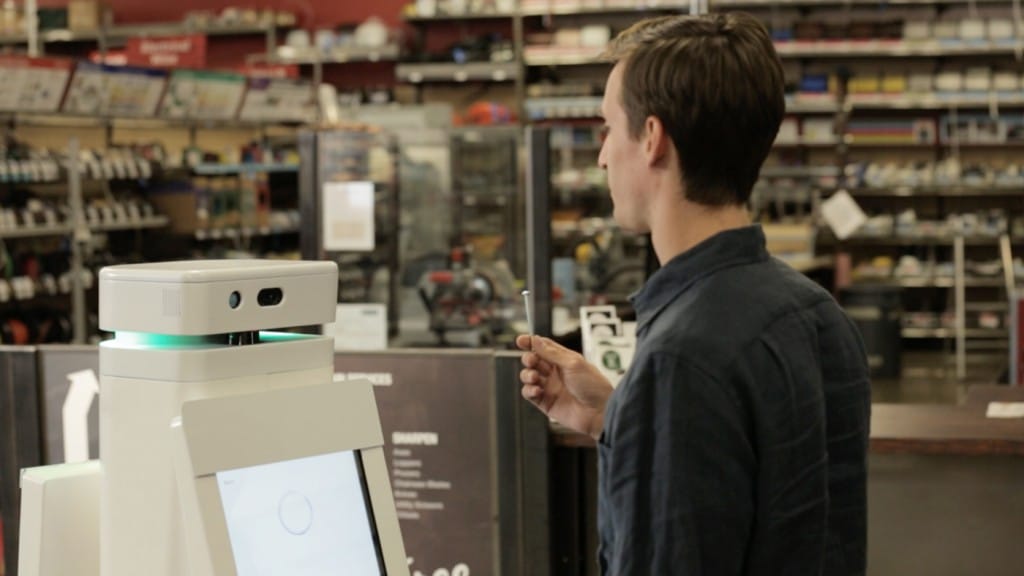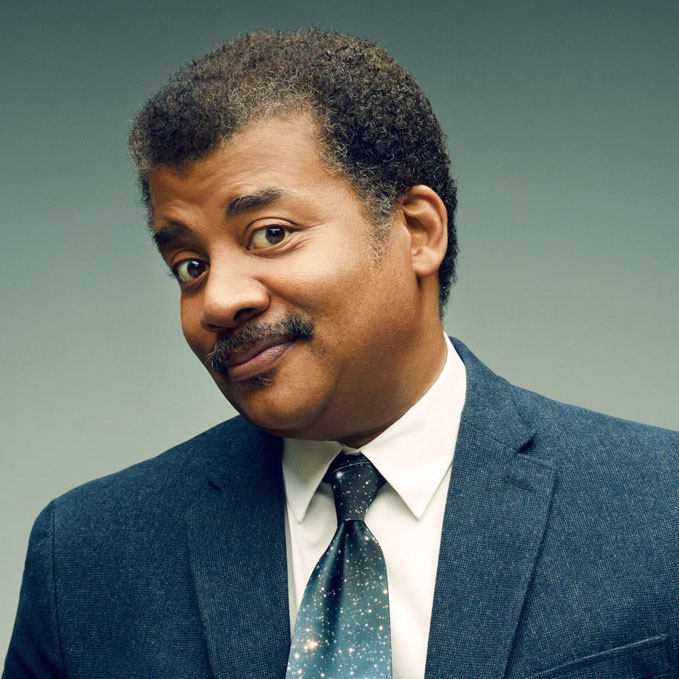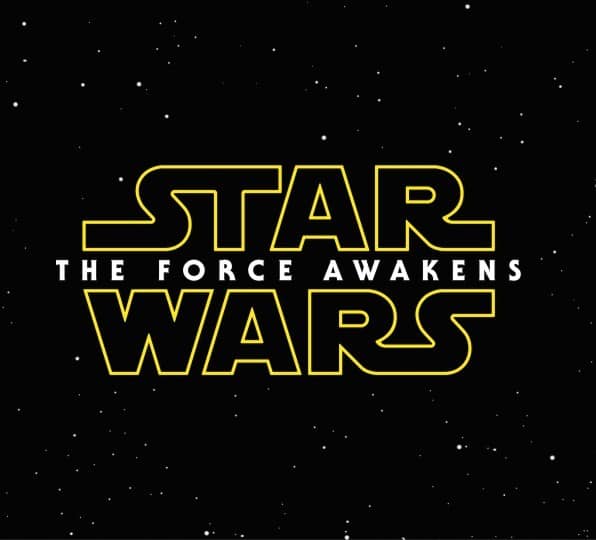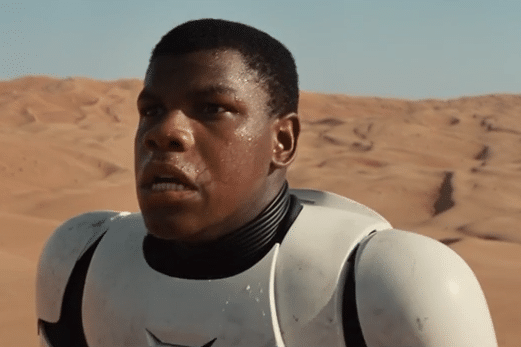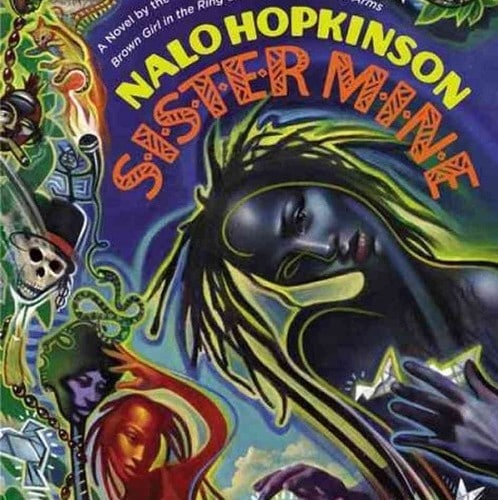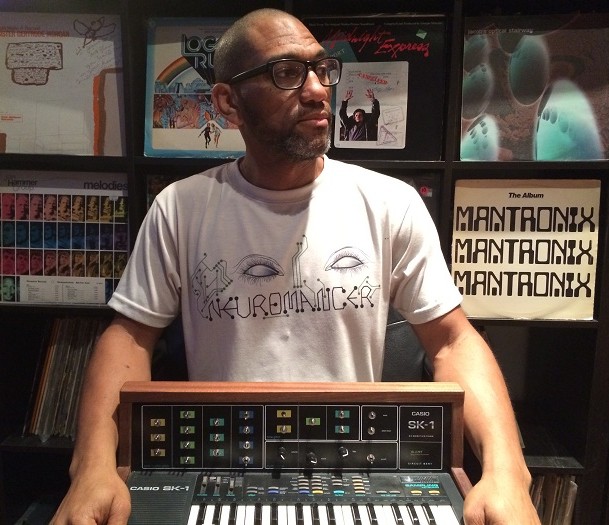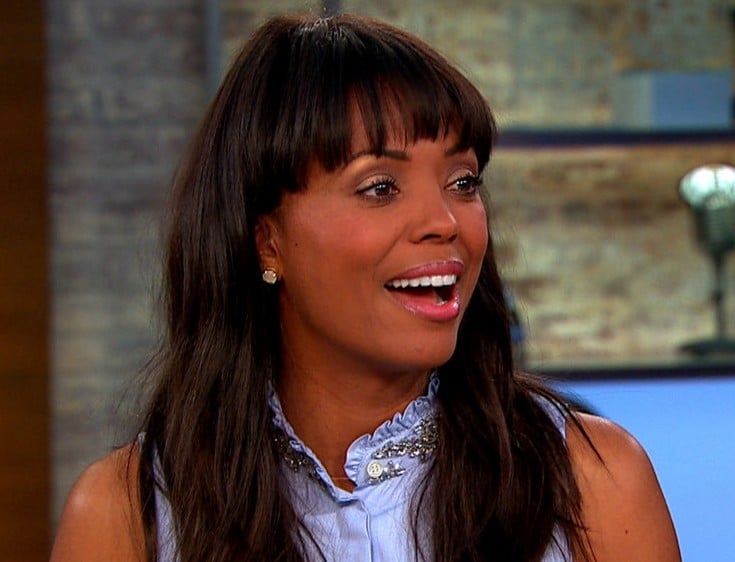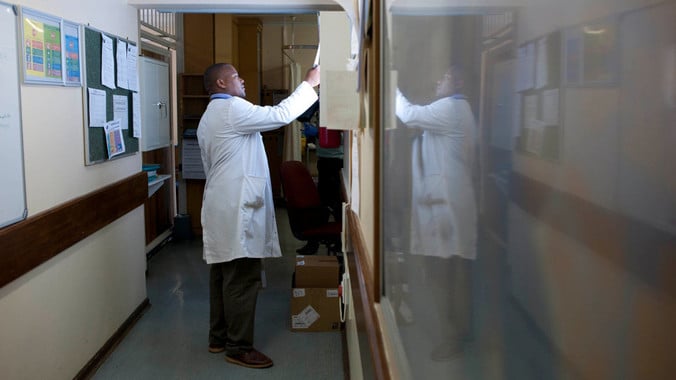Afrofuturistic music, art and culture showed early signs of life in Philadelphia decades before the term was coined. Because some of the men who would come to be dubbed the forefathers of the genre worked, lived, created and left their marks in Philly, the groundwork for the genre and culture has been substantially laid here. Sun Ra spent some years here and had a home base in the Germantown section of Philly, where the Sun Ra Arkestra continues to practice to this day; while jazz legend John Coltrane’s house still stands as a local landmark and testament to his childhood, study and early career in Philly. Philly is home to The East Coast Black Age of Comics Convention (ECBACC), the region’s first Black comic book convention. Samuel Delaney, Nebula-award winning author and recently named Grand Master of Science Fiction, is currently a creative writing professor at Temple University.
Philly is also home to world-renowned producer, composer and performer King Britt, who started experimenting with speculative and electronic sounds early on in his work. I caught up with King Britt in the middle of plane hopping on his way to Berlin to get his thoughts on Afrofuturism, technology, science fiction, and how it all collides as inspiration for his music and creativity.
What sci-fi/speculative fiction books, shows or comics influenced you as a musician and your work now?
Funny, as a kid I wanted to be an astronomer from like third grade to eighth grade. I had all the cool space books and didn’t really get into sci-fi through books. It was always sci fact.
Films and TV were my influence more than comics. Although the Muhammad Ali vs Superman giant comic was the most amazing thing I owned.
Ultraman and Johnny Sokko TV shows were probably the most important influences. They were Japanese TV shows that made it to the USA on a regular basis in the afternoons. I was obsessed with them. Still, it was like super innovative for the lack of technology at the time.
Then, of course, Shazam, Wonder Twins and Isis TV shows. Isis was the illest!!
Describe your first musical instrument. What made you pick it up? Who are your greatest musical influences? Who and what inspired you to take this path?
Well, both parents were music collectors, so I figure it was inevitable that I would fall into it in some way, shape or form.
In second grade, I played violin but never thought of pursuing music as a profession.
I soon started collecting as well but didn’t get serious about making music until the Scritti Politti Cupid and Psyche 85 came out. I needed to make music like that. Of course Depeche Mode as well.
So I bought my first keyboard, a Yamaha DX 100, and then I had the bug. Jazz fusion and new wave being my main influences.
What do you listen to before a show? What would be your theme song or anthem?
Before a show I try to listen to the act before me and feel the room out. Especially when DJing. Then maybe 15 before I just need silence to channel my spirit guide.
My theme music would just be a drone in C minor.
What was the Saturn Never Sleeps project? What is the meaning of the name?
SNS was a project, with Rucyl Mills, I was involved with years ago that is now defunct. I had gotten a personal call from the ICA in Philadelphia to curate a music performance around an amazing Sun Ra exhibit that was here from Chicago. Rucyl and I were dating at the time and thinking of the right time to collaborate. I felt this was the perfect opportunity to do an improvisational show. I called up Tim Motzer and Damon Bennett for guitar and keys and my homie Jason Senk on visuals. I had Jason cut up Sun Ra footage to mix live with us.
The name was a moment when we were trying to figure the name. I said Saturn must be in the title and Rucyl was like, don’t sleep (slang) and boom Saturn Never Sleeps. We went on to play at the World Finance Center, big props to Ben Neil … and then we started a series and did an album. Fun times. I have a new series starting in January around my experimental label, The Buddy System project.
When you improvise soundscapes (for example, live improvised sound for Brother from Another remix, improvised sound for Bucknell gala), are you recreating/participating in traditions such as free improvisation jazz, or what Sun Ra called ‘phree music,’ music of the sun? What inspires you to create sound in this way?
There is nothing phree-er than improv. I have little loops and such to combine for the foundation and then create live from there. I now have the tools to really express myself in a live context. Be it with a full band or solo. I feel I bring my studio wizardry to the stage now.
How do you define technology? Do you see art and music as technologies in and of themselves, absent whatever medium is used to create, communicate or transmit the sound or the image? How do you use technology to create?
For me, technologies are the tools based in a process, used to create more technologies.
Technology can be knowledge, art, objects … whatever thought-out system which can be used to help one adapt or create.
I feel technologies are infinite, and, yes, each is in itself a technology even out of context.
All of our creativity is from some sort of technology … brain, molecular, whatever.
How does futurism inform your work in music and technology? Do you identify as an Afrofuturist? What pulled you to the genre and how do you translate the concept into sound?
I feel the genre came to us. The term was created and it stuck. But I didn’t consciously say I’m an Afrofuturist. It just happens that I was way before the term. I feel I have always been a starchild, so I am this naturally.
I definitely now use it as it helps people understand and relate to the ideas. My major was marketing, so it helps in defining market value in terms of making money.
Earlier this year, you participated in the SPACES artist residency, a residency where artists share their expertise and creative practices with a neighborhood struggling after decades of disinvestment. What about the SPACES residency, if anything, was different or nontraditional from other residencies you’ve done?
This is the first residency where I worked with the youth. I learned so much. They are fearless and the program was to start a label and Internet radio show for the community and ended up with a studio, too, Playback Radio. This is the main hub! It blew my mind, and I’m excited to take this to other cities. Access is key! I also learned to be a better leader as inspiration to the youth.
As part of SPACES, you worked with the community to create Playback Music, a record label and radio show that gathers, remixes and broadcasts the voices and sounds of North Philadelphia around the world. Why was it important for you to bring this project to the community? How do you feel the residency connects to the tradition of Afrofuturism? How did technology play a role, and why is access to tech important, particularly for disenfranchised and marginalized communities?
Yes, access. Without it you feel that there is no way out! The simple technology we had in the studio opened doors to the entire world through software and the Internet.
I feel the community needed to hear not only new music but to hear themselves on the show. Be it music, interviews etc. we also did a party every Monday on the block called The Stoop. That kinda turned into the show. I’m excited for them to take it on Germantown Avenue, which was the plan. Just had to wait for the landlord.
As it relates to Afrofuturism … Black people using what we got to the max as usual.
In your travels, have you seen the concept of Afrofuturism and the Black speculative in other cities and countries? Do you see any particular place as becoming a hub or central to the movement?
I feel it’s the coin phrase now and it’s everywhere. But L.A. has taken it to a whole new level with low-end theory and flying lotus’ Brainfeeder label … also Seattle with Shabazz. But they don’t look at it in those terms … it’s just natural!
Rasheedah Phillips is a Philadelphia public interest attorney, speculative fiction writer, the creator of The AfroFuturist Affair, and a founding member of Metropolarity.net. She recently independently published her first speculative fiction collection, “Recurrence Plot (and Other Time Travel Tales).”

